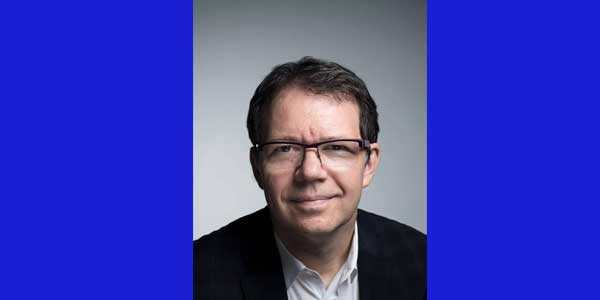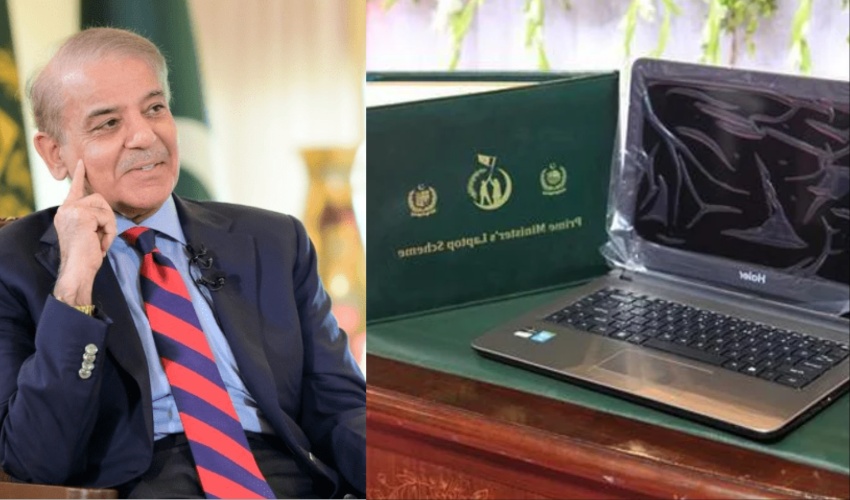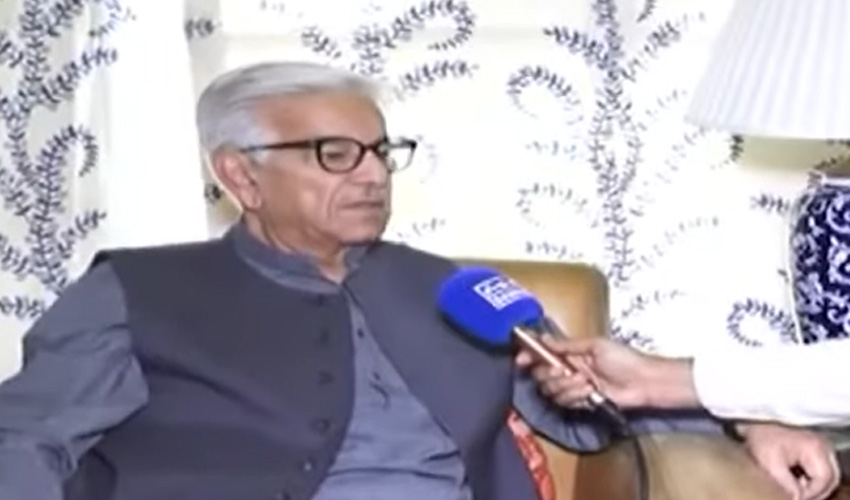Decades ago, Michel Sadelain embarked on an enduring mission to genetically modify immune cells to combat cancer. Initially met with scepticism from his peers, even his mother began to worry about the future of his career.
However, on a recent Thursday, this French and Canadian scientist was celebrated as a recipient of the prestigious Breakthrough Prize for his groundbreaking contributions to CAR T-cell therapy, an innovative treatment displaying remarkable effectiveness against blood cancers.
Reflecting on his journey, the 63-year-old shared, "Over the years, I can't tell you how many times I've heard this won't work, can't work, and even if it works, it has no future."
His path was strewn with obstacles: grant rejections, uncertain career advancements, and a lack of graduate students eager to join his research lab. Yet Sadelain's determination remained unshaken.
He now plans to celebrate his achievement by hosting a grand gathering of those who supported him, chuckling as he contemplates this well-deserved celebration. He will share the $3 million Breakthrough Prize with American immunologist Carl June, whose independent work in the field also contributed significantly to its advancement.
The Breakthrough Prize is dedicated to honouring the world's brightest minds across various disciplines, including life sciences, fundamental physics, and mathematics. Often regarded as Silicon Valley's response to the Nobel Prizes, its founding sponsors include notable figures like Sergey Brin, Priscilla Chan, and Mark Zuckerberg.
Sadelain's journey began with his medical studies in Paris, followed by immunology research in Canada and a postdoctoral stint at the Massachusetts Institute of Technology in 1989. During an era when cancer immunotherapy predominantly focused on training the immune system through vaccines, Sadelain had a different vision: directly instructing immune system warriors, particularly T-cells. His initial experiments involved mice.
Upon joining the Memorial Sloan Kettering Cancer Centre in New York, Sadelain devised a method to genetically reprogram human T-cells using a modified virus. This modification equipped the T-cells with claw-like structures called antigen receptors, enabling them to target specific cancer cells. These reengineered chimeric antigen receptor (CAR) T-cells not only recognised cancer but were also programmed to enter a killing mode and multiply, forming a formidable army within the body to combat the disease.
Thanks to the pioneering work of June and Sadelain, several CAR-T cell therapies have gained approval in the United States, with numerous trials underway. This groundbreaking approach involves collecting patients' T-cells, modifying them outside the body, and then reintroducing them into the bloodstream, essentially creating a "living drug."
In clinical trials targeting multiple myeloma, a cancer originating in plasma cells, 72 percent of patients responded to treatment, and 28 percent experienced complete disease remission, with 65 percent maintaining eradication for a year.
However, CAR-T cell therapy carries significant risks, including the release of inflammatory molecules called cytokines, which can lead to severe side effects and, in some cases, death. Healthcare professionals have improved their ability to recognise and manage these complications over time. Another risk involves nervous system impairments, such as confusion or speech difficulties, which typically resolve within days.
Sadelain looks ahead with anticipation, envisioning a future where T-cells can be enhanced to combat solid tumours, treat autoimmune conditions like lupus, and tackle previously untreatable infections such as HIV.
He acknowledges one major hurdle: the exorbitant cost, often exceeding $500,000. In the United States, insurers, both private and government-subsidised, cover most of the expenses for eligible patients, as do European healthcare systems.
Sadelain emphasises the need for cost reduction and anticipates progress as the pharmaceutical industry refines its processes and scientists continue to innovate. His own research lab is on the verge of publishing a study demonstrating significantly improved CAR-T cell efficiency, reducing the number required for treatment.
Meanwhile, other researchers are exploring the use of stem cells to manufacture CAR-T cells, aiming to create a more cost-effective "off-the-shelf" solution instead of relying on patient-derived cells. Clinical trials for this approach are currently underway.



























